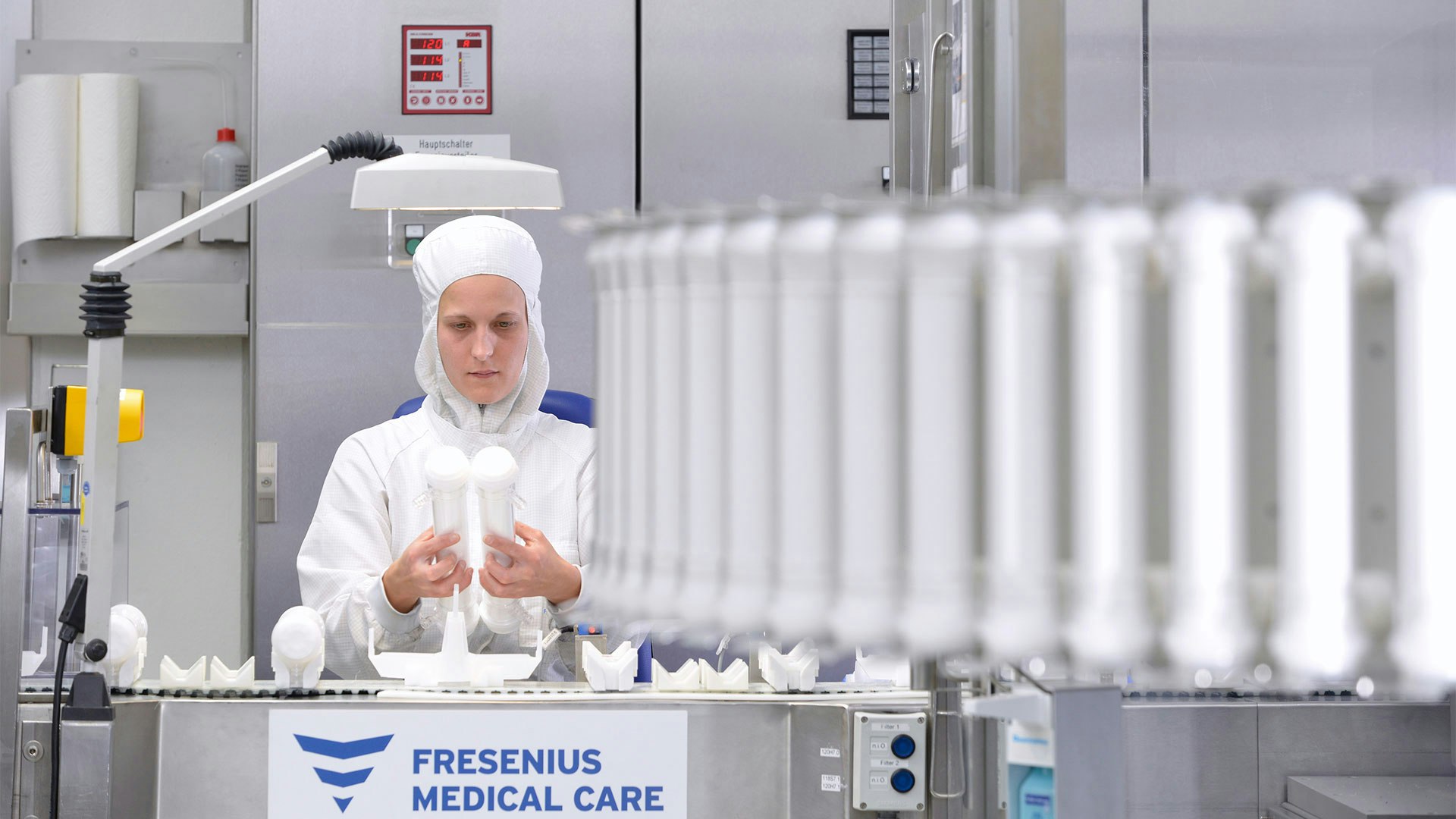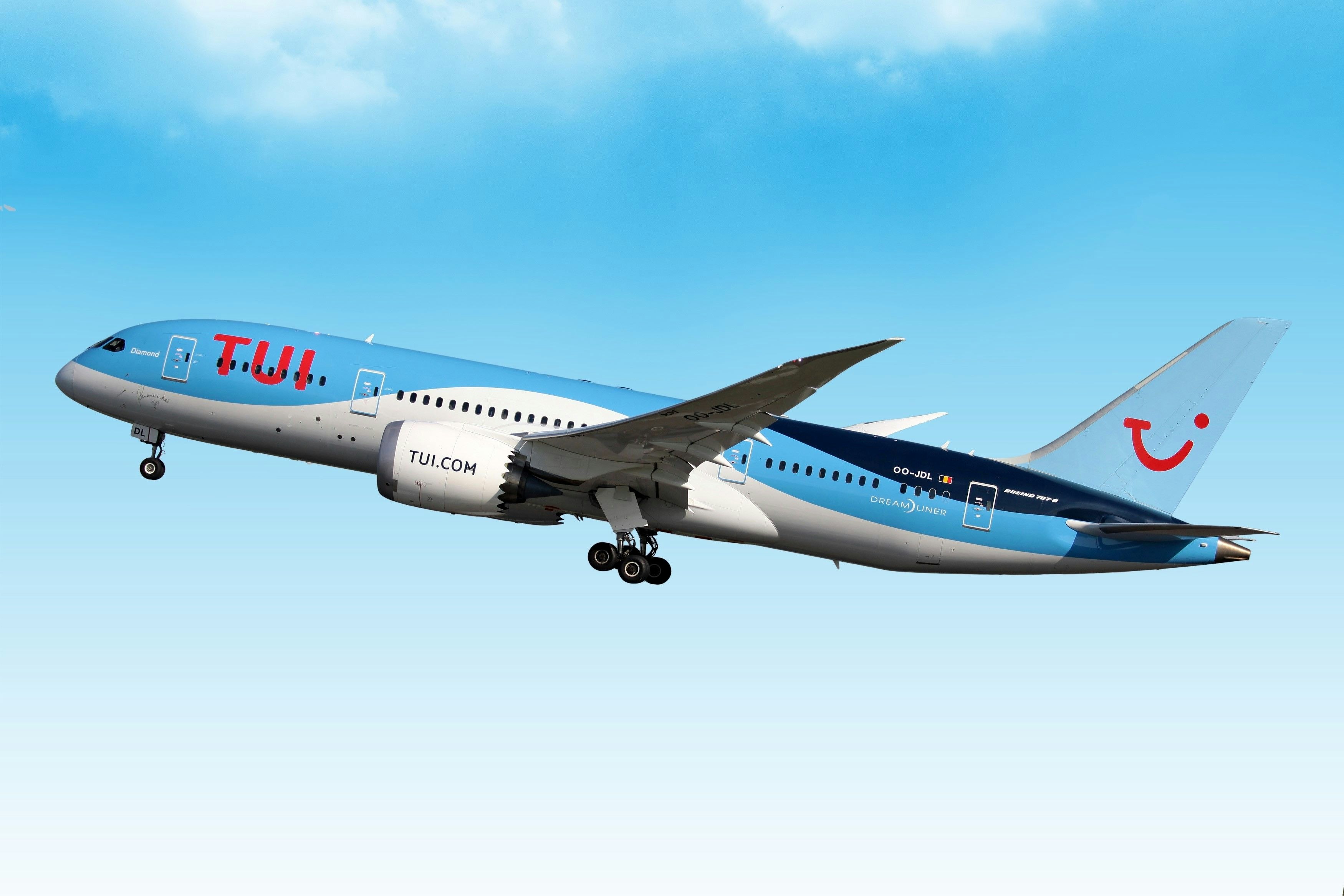Technology
Apple defies iPhone decline with revenue increase from services and iPads
Apple's revenue increases by 5 percent due to strong services and iPad sales, despite declining iPhone sales and a downturn in China.

Apple's revenue increased by 5 percent to $85.8 billion in the second quarter, driven by strong earnings from the services business and a significant jump in iPad sales. Analysts had expected only $84.5 billion. Net profit rose by 8 percent to $21.4 billion, while earnings per share climbed by 11 percent to $1.40, surpassing the consensus estimate of $1.35.
**A drawback, however, was the decline in sales in China.**
Apple's services division, which includes the App Store, Apple Pay, and the TV+ streaming platform, continued its upward trend and generated revenues of $24.2 billion, up from $21 billion the previous year.
The revenue from the flagship product iPhone slightly declined from $39.7 billion to $39.3 billion. However, this development was offset by a 24 percent increase in iPad sales to $7.2 billion. This rise was fueled by the introduction of new models in May, which are equipped with more powerful chips and larger screens.
The Citigroup analyst Atif Malik emphasized the importance of demand in various product categories, especially iPhones, in light of concerns about the overall smartphone market and competition in China.
Apple is optimistic about the prospects that many customers will upgrade to the latest iPhone models to take advantage of new artificial intelligence features. With the iPhone 16 expected in September, investors are closely watching how quickly the anticipated AI boost will manifest.
At the developer conference in June, Apple introduced new features under the name "Apple Intelligence." A beta version of the AI-assisted iPhone operating system, iOS 18.1, was released to developers this week. An agreement with OpenAI will grant Apple users free access to ChatGPT, and Apple is also considering partnerships with other major model providers like Google.
Masters commented: "The introduction of Apple Intelligence will provide added value to users and present another compelling reason to upgrade.
The expenses for research and development increased by 8 percent to $8 billion in the quarter. Maestri declined to specify how much of that was spent on AI, including the infrastructure for training and running its own large language models. Apple plans to run these models both on the devices and in its own data centers, which is intended to better protect user privacy and data.
Maestri added: "We have significantly increased our commitment to AI over the course of the year and redirected engineering resources from other programs to AI as we recognized the need and importance of this new technology.
Last month, Apple launched the new mixed reality headset Vision Pro for consumers in Europe, China, Hong Kong, Singapore, Japan, and Australia.
Apple announced a dividend of 25 cents per share worth $3.7 billion for the quarter, with the total return for shareholders rising to $32 billion through share buybacks.






